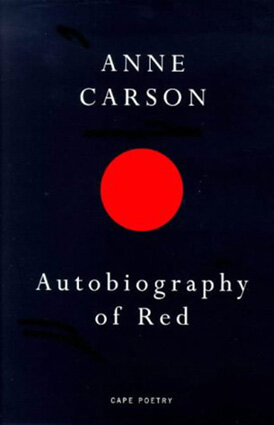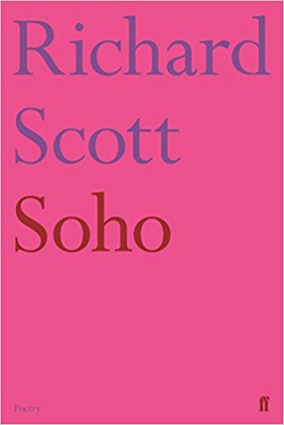It's difficult to ever feel entirely comfortable in one's own skin. Following on from the excellent debut “Flèche”, Chan's new collection of poetry continues to describe the tension between self expression and belonging. Some poems deal with the struggle to find acceptance within the family and the bravery required to present oneself authentically. Sage advice is offered in the line “refuse to be a bomb shelter for your mother's fears.” But the book also suggests the surprising love and approval that can be found when there is honesty. Other poems reference the recent pandemic and startling moments of bigotry that are experienced. Not only do belittling words and actions create fresh lacerations but they're a reminder of all the different levels of abuse one has experienced throughout life and “How the body endures the toll of another's glance.” Over the course of three sections, this collection presents a life in constant flux and how we search for moments of solace and potential connection within our shared language.
One of the standout poems for me is titled 'Hindsight' which follows a path of logic considering one's position of privilege in relation to the suffering of past generations. Then the lines of the poem are reversed to give a whole new meaning and perspective on this issue. There's a natural guilt which accompanies living with a knowledge about the struggles our ancestors contended with and knowing that we wouldn't exist if they hadn't persisted through them. But that doesn't mean we should minimise the perils we face in our present times alongside the opportunities that have been provided. This poem poignantly expressed this through its structure and helped clarify my understanding after grappling with this issue for a long time.
Just as the author meaningfully articulates the challenges of navigating the world, there's also a deep consideration for the difficulty of finding which form this writing should take. This is addressed playfully at one point where it's noted “The poet opened a clean Word document, titled it POETRY, then saved it in a folder titled NONFICTION, then saved it in a folder titled FICTION.” Chan admits a preference for the poetic mode because “I want my reader to understand my protagonist and their feelings without my having to describe them in detail”. Poetry also comes across as the best refuge when confronted with the judgement of others: “I left home for the poem: inscrutable house, constructed space, blue room, how the poets have named a heaven in which lonely meanings sit companionably beside lonely children.” Many beautiful moments of connection can be found through the poems in this excellent book.

























